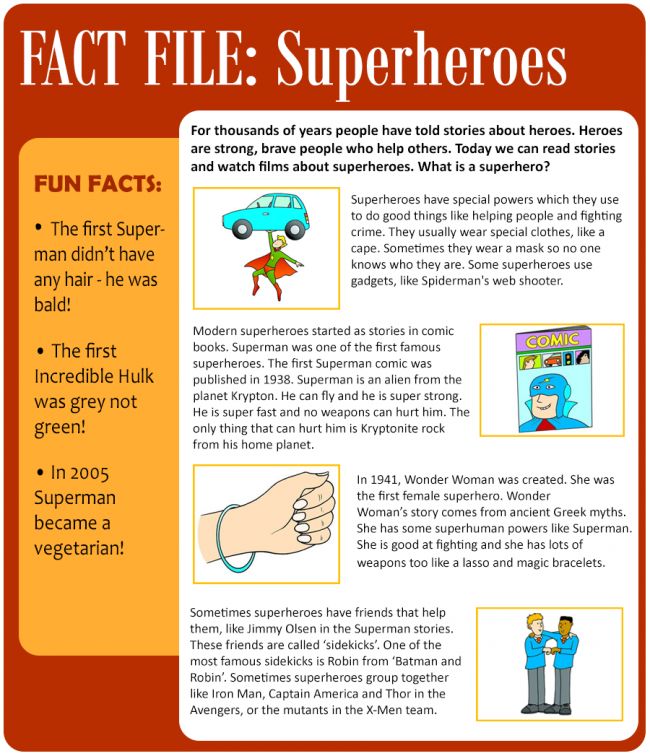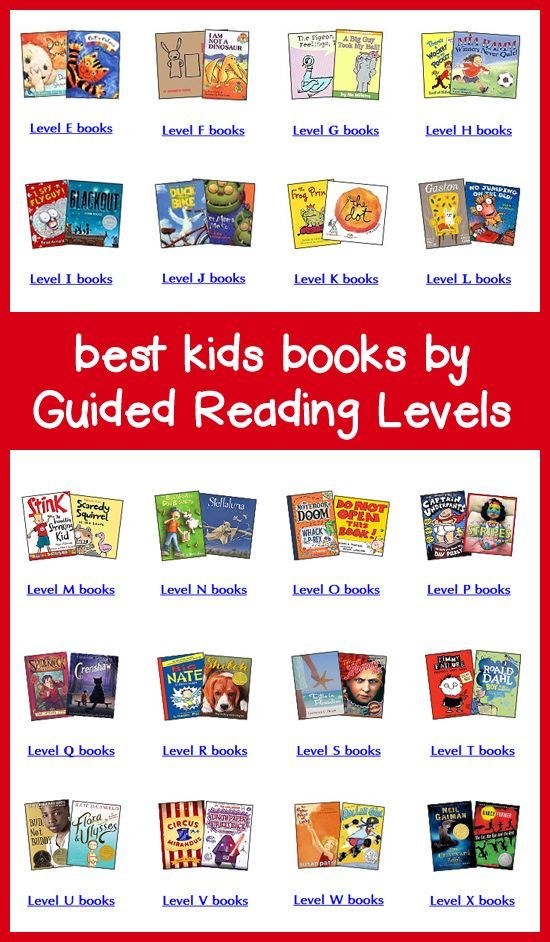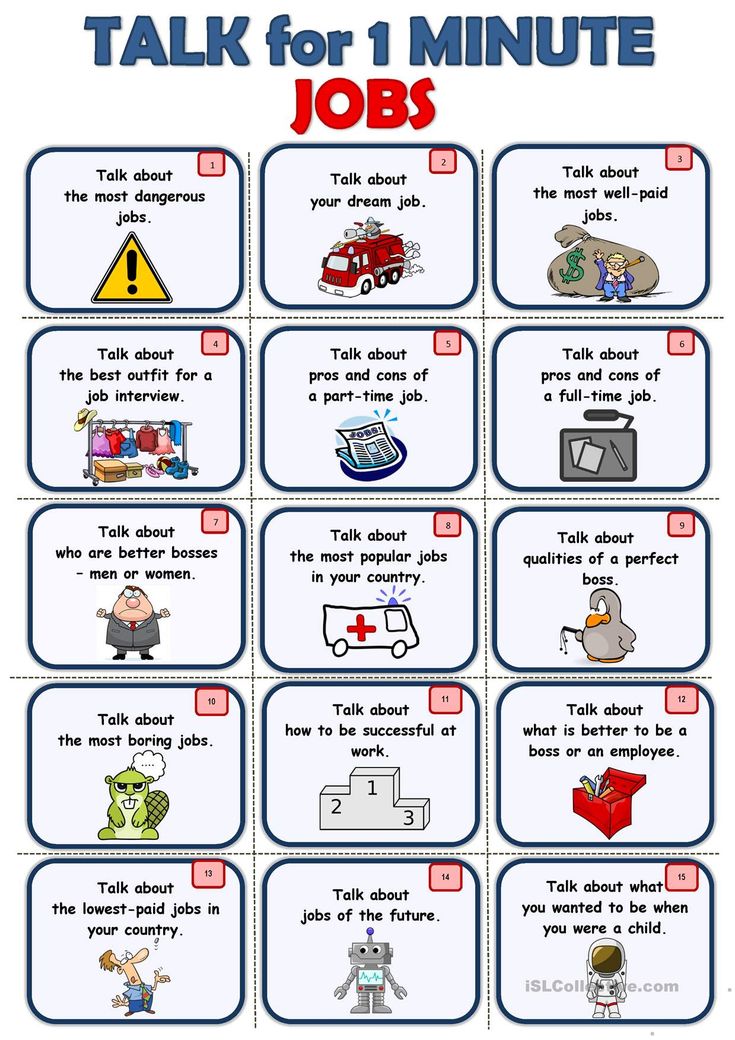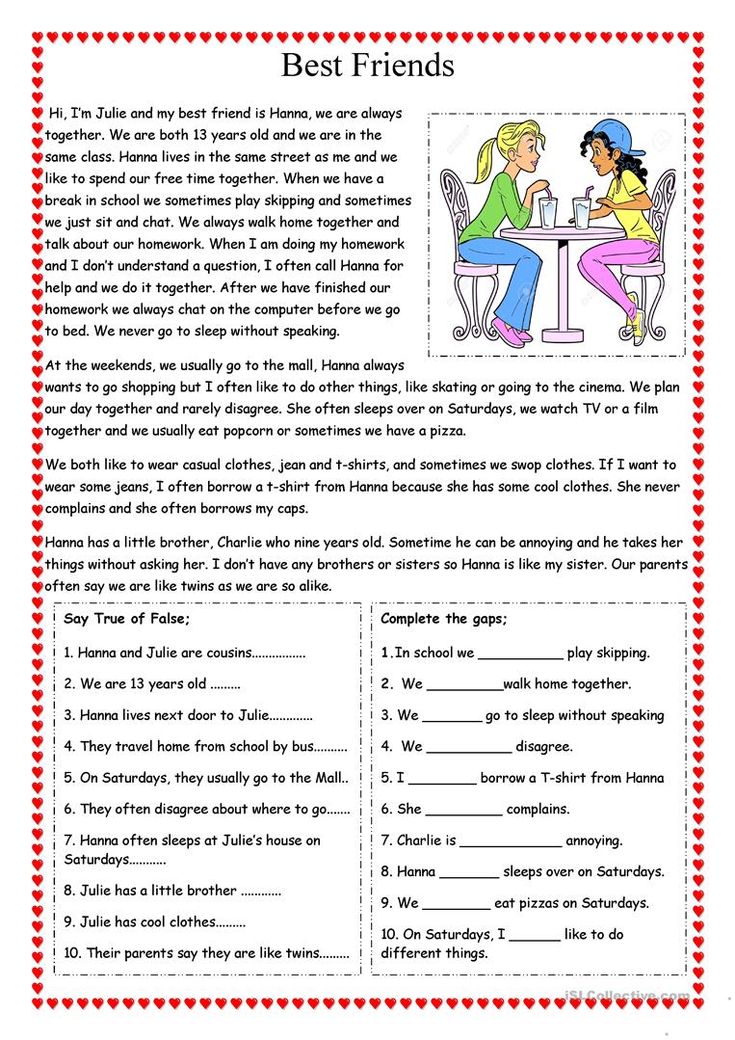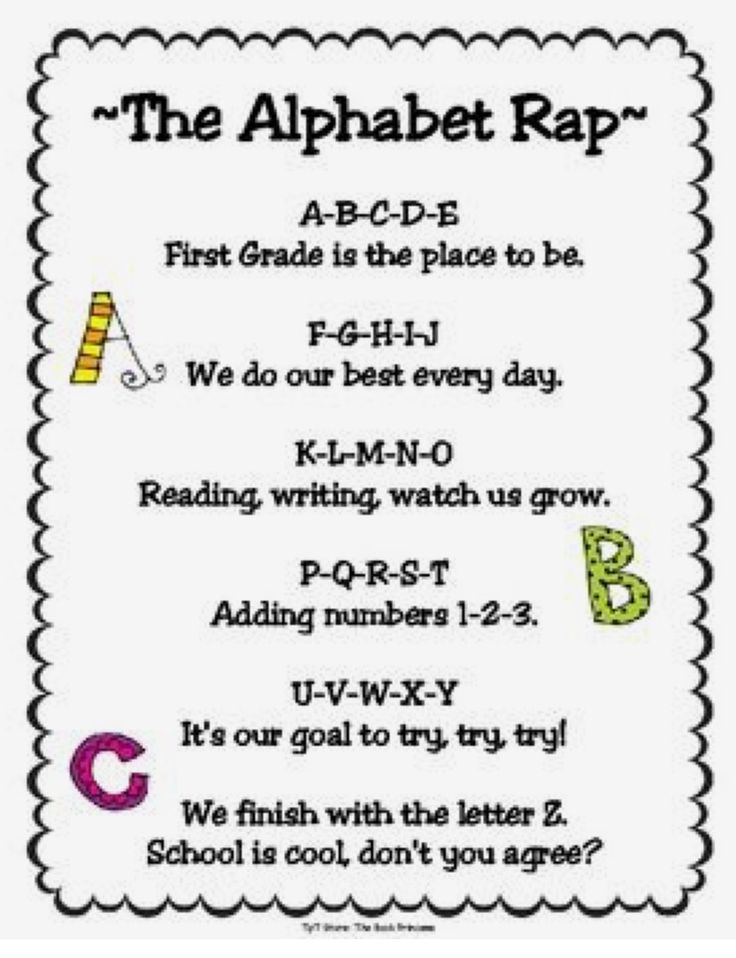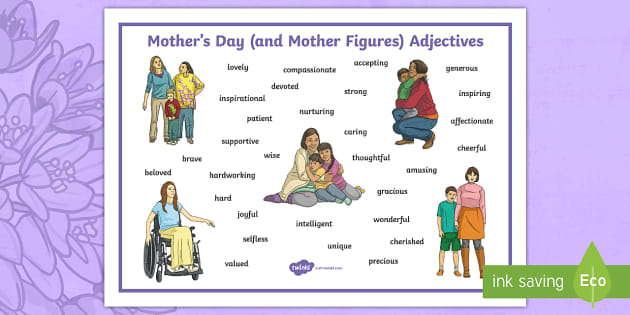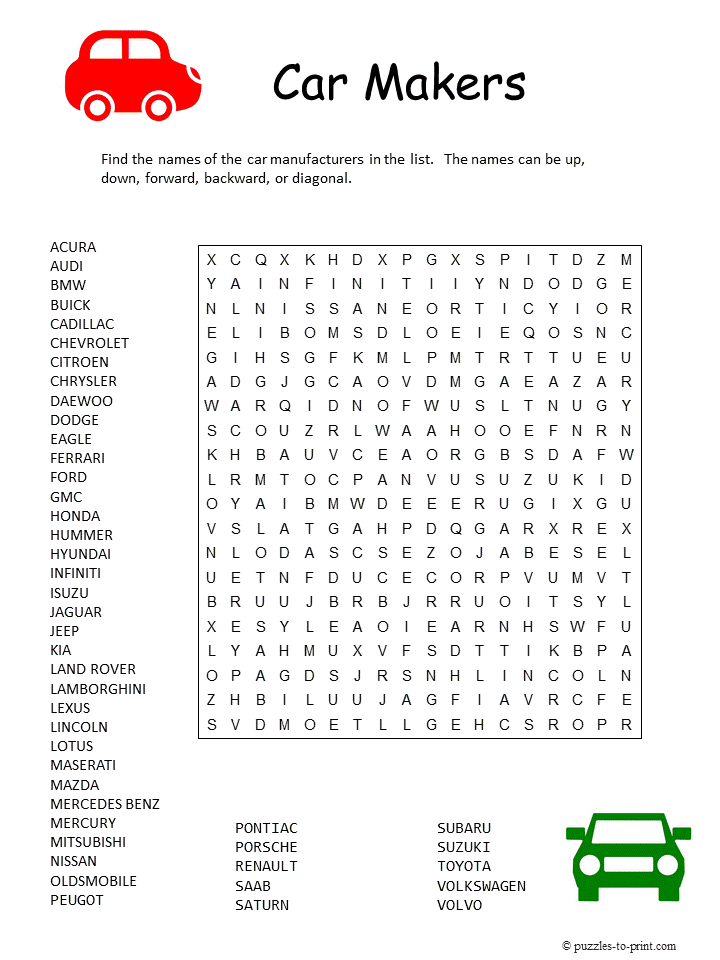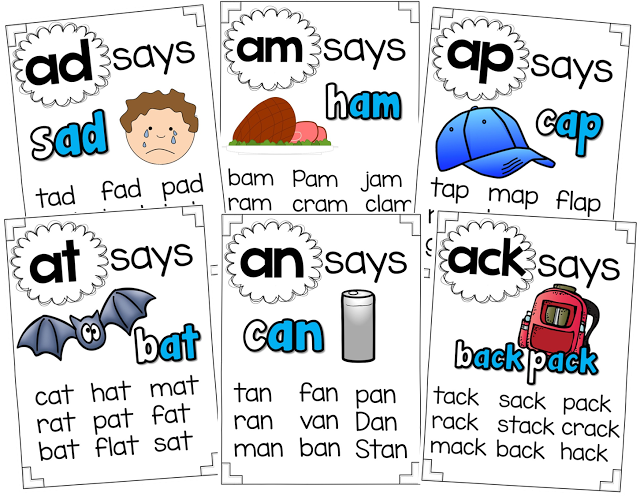Reading help for children
11 Ways Parents Can Help Their Children Read
Parents often ask how they can help their children learn to read; and it’s no wonder that they’re interested in this essential skill. Reading plays an important role in later school success. One study even demonstrates that how well 7-year-olds read predicts their income 35 years later!
Here are 11 practical recommendations for helping preschoolers and school-age students learn to read.
1. Teaching reading will only help.
Sometimes, parents are told early teaching is harmful, but it isn’t true. You simply can’t introduce literacy too early. I started reading to my own children on the days they were each born! The “dangers of early teaching” has been a topic of study for more than 100 years, and no one has ever found any convincing evidence of harm. Moreover, there are hundreds of studies showing the benefits of reading to your children when they are young.
2. Teaching literacy isn’t different than teaching other skills.
You don’t need a Ph.D. to raise a happy, healthy, smart child. Parents have been doing it for thousands of years. Mothers and fathers successfully teach their kids to eat with a spoon, use a potty, keep their fingers out of their noses, and say “please.” These things can be taught pleasantly, or they can be made into a painful chore. Being unpleasant (e.g. yelling, punishing, pressuring) doesn’t work, and it can be frustrating for everyone. This notion applies to teaching literacy, too. If you show your 18-month-old a book and she shows no interest, then put it away and come back to it later. If your child tries to write her name and ends up with a backwards “D,” no problem. No pressure. No hassle. You should enjoy the journey, and so should your child.
3. Talk to your kids (a lot).
Last year, I spent lots of time with our brand new granddaughter, Emily. I drowned her in language. Although “just a baby,” I talked — and sang — to her about everything. I talked about her eyes, nose, ears, mouth, and fingers.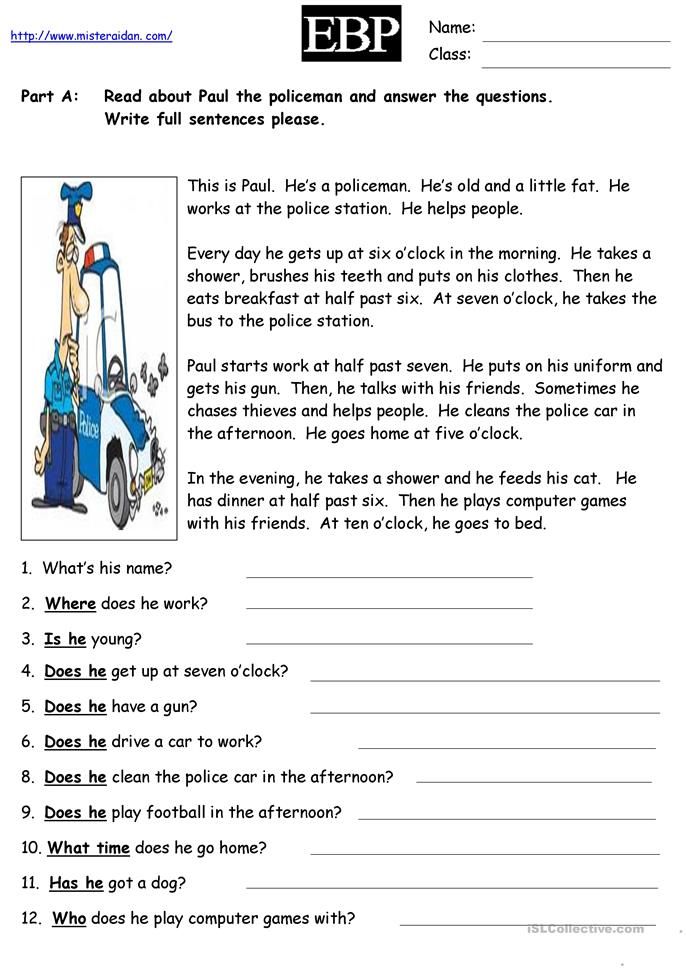 I told her all about her family — her mom, dad, and older brother. I talked to her about whatever she did (yawning, sleeping, eating, burping). I talked to her so much that her parents thought I was nuts; she couldn’t possibly understand me yet. But reading is a language activity, and if you want to learn language, you’d better hear it, and eventually, speak it. Too many moms and dads feel a bit dopey talking to a baby or young child, but studies have shown that exposing your child to a variety of words helps in her development of literacy skills.
I told her all about her family — her mom, dad, and older brother. I talked to her about whatever she did (yawning, sleeping, eating, burping). I talked to her so much that her parents thought I was nuts; she couldn’t possibly understand me yet. But reading is a language activity, and if you want to learn language, you’d better hear it, and eventually, speak it. Too many moms and dads feel a bit dopey talking to a baby or young child, but studies have shown that exposing your child to a variety of words helps in her development of literacy skills.
4. Read to your kids.
I know everyone says this, but it really is a good idea — at least with preschoolers. One of my colleagues refers to this advice as the “chicken soup” of reading education. We prescribe it for everything. (Does it help? It couldn’t hurt.) If a parent or caregiver can’t read or can’t read English, there are alternatives, such as using audiobooks; but for those who can, reading a book or story to a child is a great, easy way to advance literacy skills.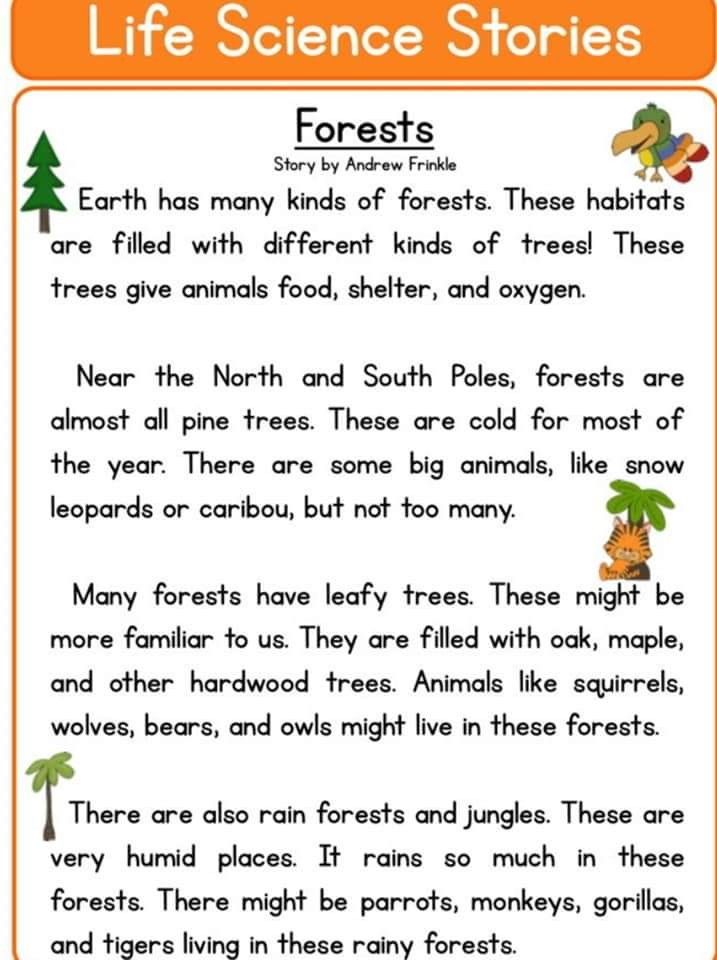 Research shows benefits for kids as young as 9-months-old, and it could be effective even earlier than that. Reading to kids exposes them to richer vocabulary than they usually hear from the adults who speak to them, and can have positive impacts on their language, intelligence, and later literacy achievement. What should you read to them? There are so many wonderful children’s books. Visit your local library, and you can get an armful of adventure. You can find recommendations from kids at the Children’s Book Council website or at the International Literacy Association Children's Choices site. [Reading Rockets also provides guidance and lots of themed booklists in our Children's Books & Authors section.]
Research shows benefits for kids as young as 9-months-old, and it could be effective even earlier than that. Reading to kids exposes them to richer vocabulary than they usually hear from the adults who speak to them, and can have positive impacts on their language, intelligence, and later literacy achievement. What should you read to them? There are so many wonderful children’s books. Visit your local library, and you can get an armful of adventure. You can find recommendations from kids at the Children’s Book Council website or at the International Literacy Association Children's Choices site. [Reading Rockets also provides guidance and lots of themed booklists in our Children's Books & Authors section.]
5. Have them tell you a “story.”
One great way to introduce kids to literacy is to take their dictation. Have them recount an experience or make up a story. We’re not talking “Moby Dick” here. A typical first story may be something like, “I like fish. I like my sister.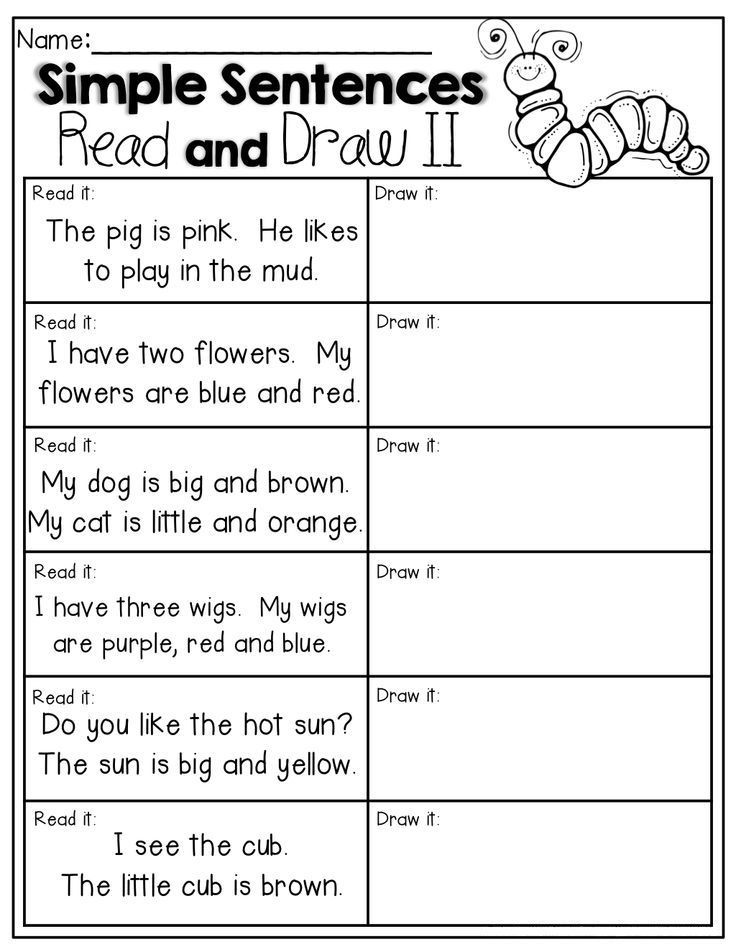 I like grandpa.” Write it as it is being told, and then read it aloud. Point at the words when you read them, or point at them when your child is trying to read the story. Over time, with lots of rereading, don’t be surprised if your child starts to recognize words such as “I” or “like.” (As children learn some of the words, you can write them on cards and keep them in a “word bank” for your child, using them to review later.)
I like grandpa.” Write it as it is being told, and then read it aloud. Point at the words when you read them, or point at them when your child is trying to read the story. Over time, with lots of rereading, don’t be surprised if your child starts to recognize words such as “I” or “like.” (As children learn some of the words, you can write them on cards and keep them in a “word bank” for your child, using them to review later.)
6. Teach phonemic awareness.
Young children don’t hear the sounds within words. Thus, they hear “dog,” but not the “duh”-“aw”- “guh.” To become readers, they have to learn to hear these sounds (or phonemes). Play language games with your child. For instance, say a word, perhaps her name, and then change it by one phoneme: Jen-Pen, Jen-Hen, Jen-Men. Or, just break a word apart: chair… ch-ch-ch-air. Follow this link to learn more about language development milestones in children.
7. Teach phonics (letter names and their sounds).
You can’t sound out words or write them without knowing the letter sounds.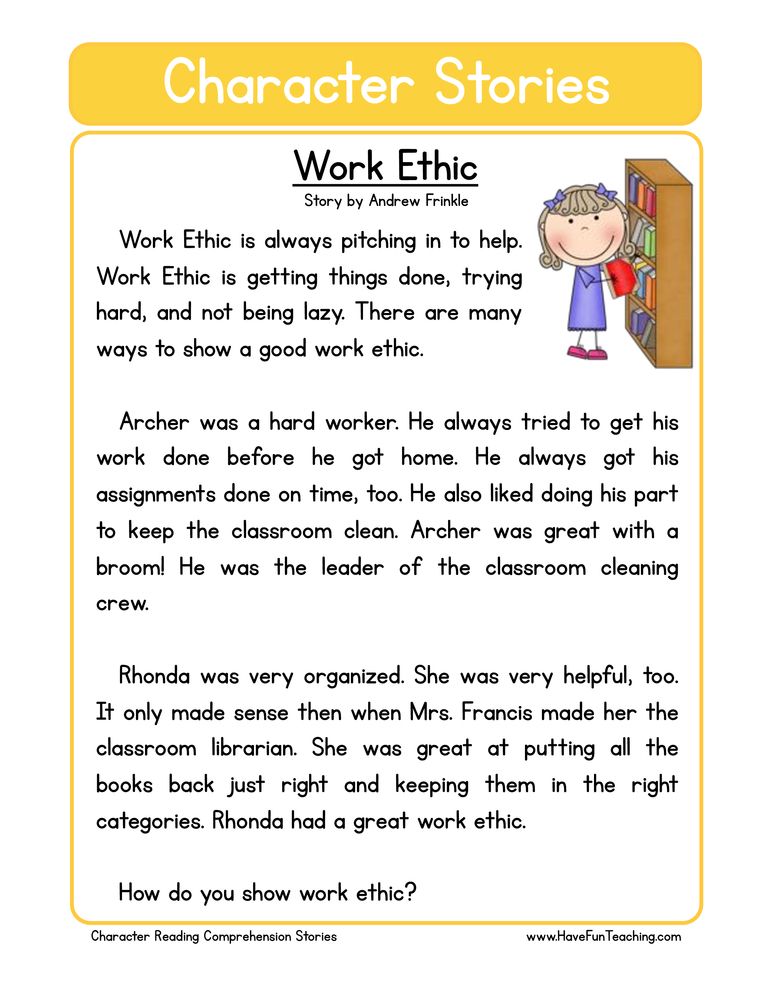 Most kindergartens teach the letters, and parents can teach them, too. I just checked a toy store website and found 282 products based on letter names and another 88 on letter sounds, including ABC books, charts, cards, blocks, magnet letters, floor mats, puzzles, lampshades, bed sheets, and programs for tablets and computers. You don’t need all of that (a pencil and paper are sufficient), but there is lots of support out there for parents to help kids learn these skills. Keep the lessons brief and fun, no more than 5–10 minutes for young’uns. Understanding the different developmental stages of reading and writing skills will help to guide your lessons and expectations.
Most kindergartens teach the letters, and parents can teach them, too. I just checked a toy store website and found 282 products based on letter names and another 88 on letter sounds, including ABC books, charts, cards, blocks, magnet letters, floor mats, puzzles, lampshades, bed sheets, and programs for tablets and computers. You don’t need all of that (a pencil and paper are sufficient), but there is lots of support out there for parents to help kids learn these skills. Keep the lessons brief and fun, no more than 5–10 minutes for young’uns. Understanding the different developmental stages of reading and writing skills will help to guide your lessons and expectations.
8. Listen to your child read.
When your child starts bringing books home from school, have her read to you. If it doesn’t sound good (mistakes, choppy reading), have her read it again. Or read it to her, and then have her try to read it herself. Studies show that this kind of repeated oral reading makes students better readers, even when it is done at home.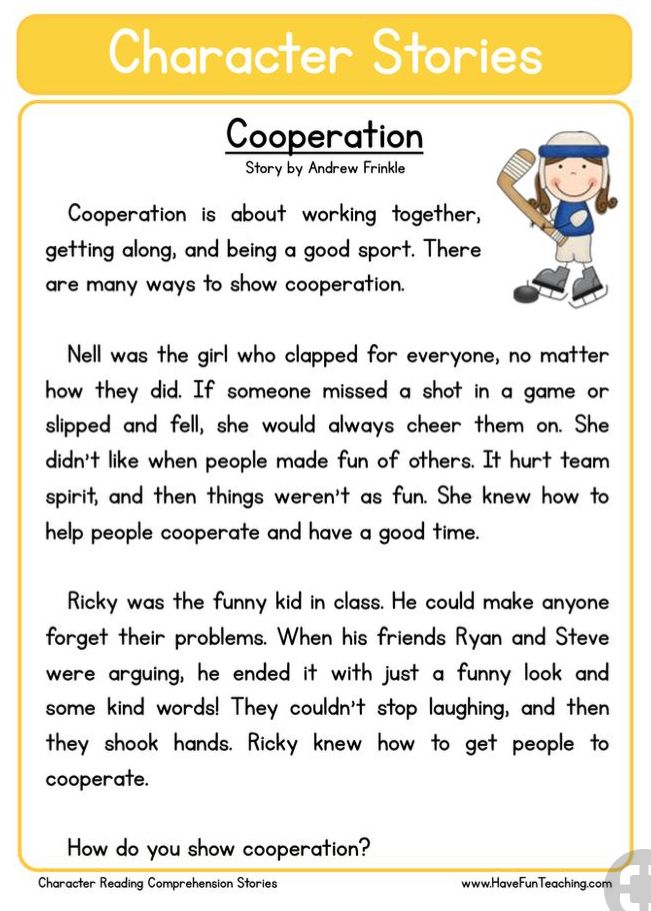
9. Promote writing.
Literacy involves reading and writing. Having books and magazines available for your child is a good idea, but it’s also helpful to have pencils, crayons, markers, and paper. Encourage your child to write. One way to do this is to write notes or short letters to her. It won’t be long before she is trying to write back to you.
10. Ask questions.
When your child reads, get her to retell the story or information. If it’s a story, ask who it was about and what happened. If it’s an informational text, have your child explain what it was about and how it worked, or what its parts were. Reading involves not just sounding out words, but thinking about and remembering ideas and events. Improving reading comprehension skills early will prepare her for subsequent success in more difficult texts.
11. Make reading a regular activity in your home.
Make reading a part of your daily life, and kids will learn to love it. When I was nine years old, my mom made me stay in for a half-hour after lunch to read.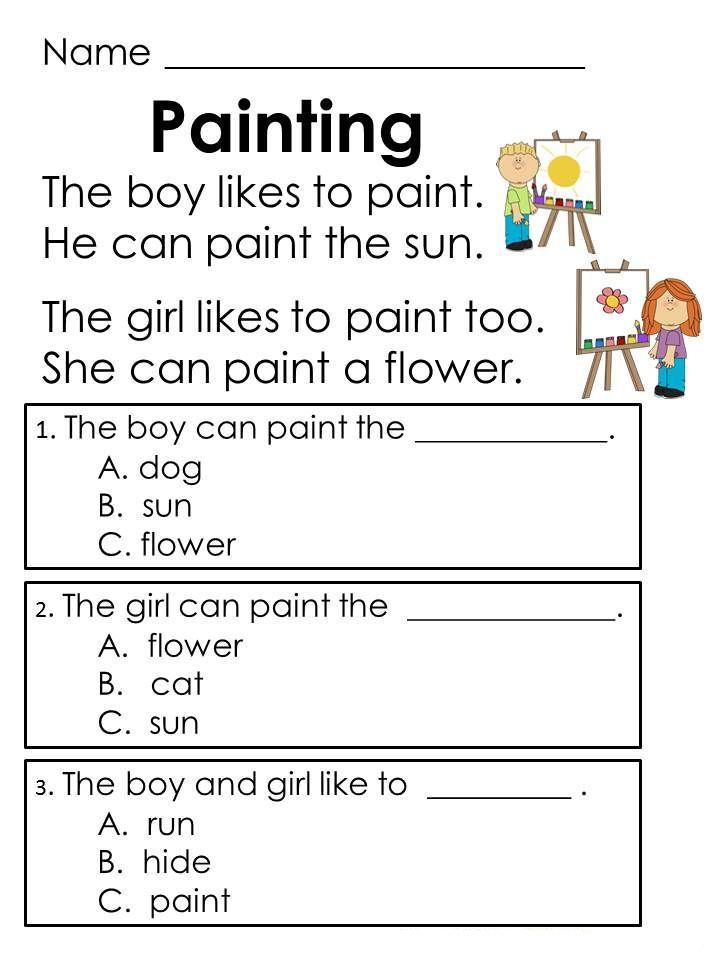 She took me to the library to get books to kick off this new part of my life. It made me a lifelong reader. Set aside some time when everyone turns off the TV and the web and does nothing but read. Make it fun, too. When my children finished reading a book that had been made into a film, we’d make popcorn and watch the movie together. The point is to make reading a regular enjoyable part of your family routine.
She took me to the library to get books to kick off this new part of my life. It made me a lifelong reader. Set aside some time when everyone turns off the TV and the web and does nothing but read. Make it fun, too. When my children finished reading a book that had been made into a film, we’d make popcorn and watch the movie together. The point is to make reading a regular enjoyable part of your family routine.
Happy reading!
Sources:
Ritchie, S.J., & Bates, T.C. (2013). Enduring links from childhood mathematics and reading achievement to adult socioeconomic status. Psychological Science, 24, 1301-1308.
Karass J., & Braungart-Rieker J. (2005). Effects of shared parent-infant reading on early language acquisition. Journal of Applied Developmental Psychology, 26, 133-148.
Finding Help | Reading Rockets
Children with reading difficulties benefit from the same thing all children benefit from — excellent reading instruction tailored to their needs.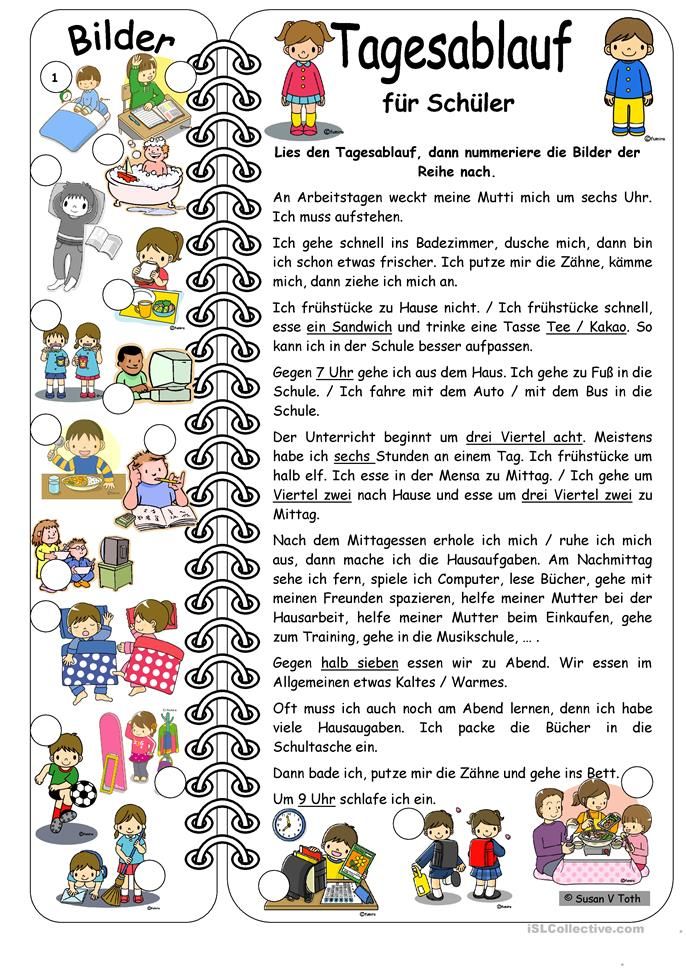 But sometimes kids who struggle need more.
But sometimes kids who struggle need more.
Several people may be able to provide your child with extra help:
- Classroom teachers
Your child's teacher may be able to provide more intensive instruction
- School specialists
Specialists at your school — such as the reading specialist, speech/language pathologist, or special education teacher — may be able to provide extra assistance
- Tutors
The school, another organization, or private tutors may be able to provide your child practice with reading or more intensive help
- Professionals in private practice
Educational psychologists and other professionals in private practice may be able to provide an assessment, diagnosis, and/or a plan for helping your child
- Reading clinics
University and private reading clinics may be able to provide an assessment, diagnosis, and/or a plan for helping your child
Help from private tutors and others outside of the school may be very effective but also quite expensive.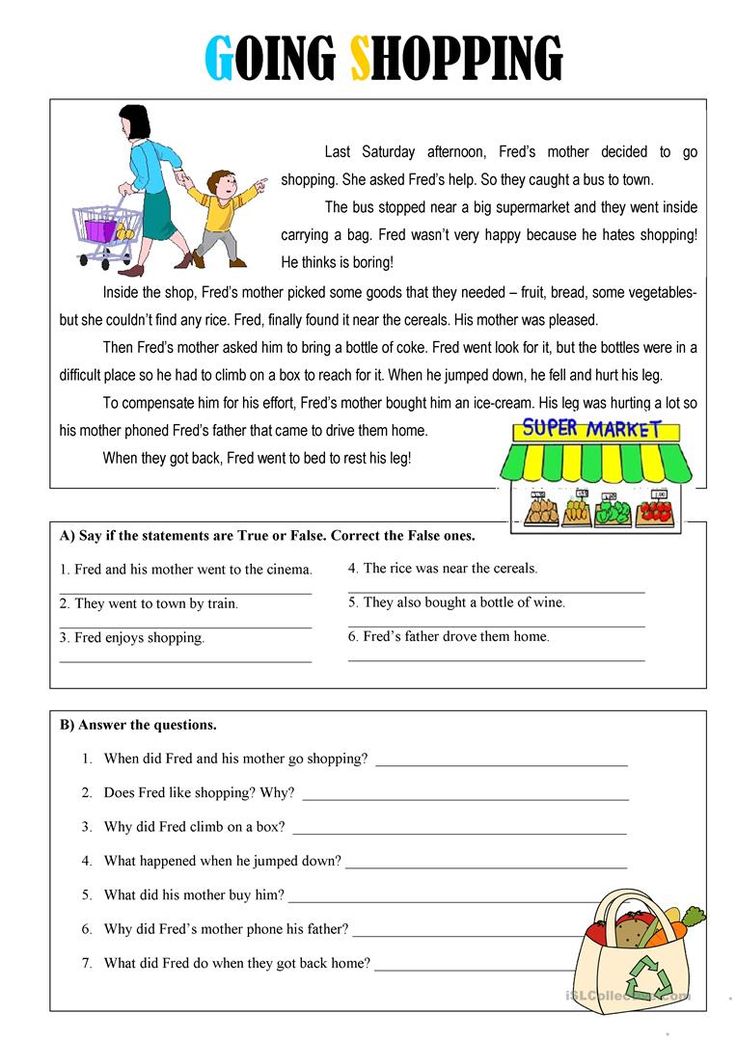 Some public school services, which are free, are only provided if a child is diagnosed with a learning disability, the most common of which is difficulty with language and reading.
Some public school services, which are free, are only provided if a child is diagnosed with a learning disability, the most common of which is difficulty with language and reading.
If you suspect your child may have a learning disability (or ADHD), the best place to begin seeking help is your child's school. Public schools have professionals trained to make a diagnosis. They do not charge a fee for these services.
If you disagree with the school's diagnosis, you have the right to ask for further testing or to seek a diagnosis from a professional in private practice. Similarly, if the school does not think it necessary to assess your child, you may want to seek a diagnosis from a professional in private practice.
Remember, in order to qualify for special education services or accommodations, your child must have a diagnosis that clearly shows he or she has a learning disability that meets the criteria defined by law. In general, federal law says that a person is eligible for accommodations when a documented disability significantly interferes with a major life activity such as learning.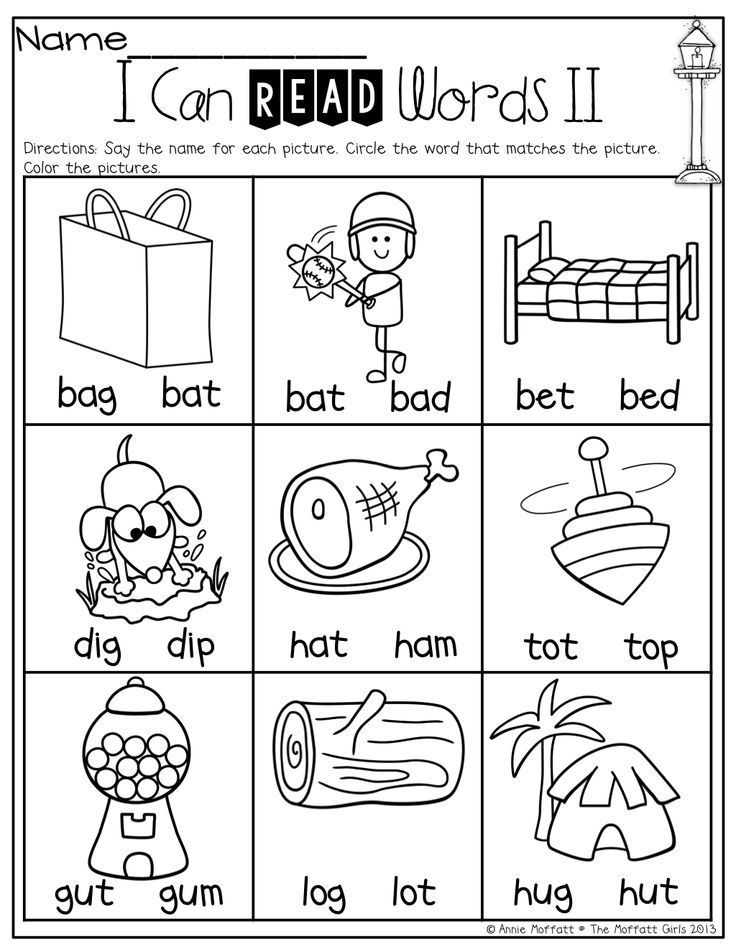 Most states use criteria related to the discrepancy between a child's ability and achievement. Federal laws also set clear guidelines on what special education accommodations must be provided.
Most states use criteria related to the discrepancy between a child's ability and achievement. Federal laws also set clear guidelines on what special education accommodations must be provided.
The bottom line is that it's important to know upfront what services are available from the school and how a child's eligibility for those services is determined.
Tutoring
Sometimes kids just need an extra dose of reading help. Many schools provide tutoring support that includes one-on-one reading instruction. To make sure that your school has a high quality tutoring program, ask these questions:
- How are the tutors trained?
It's important that the tutors understand the goals and purposes of the lesson.
- What is the structure of the tutoring session?
Good tutoring programs use a lesson plan that is based in the best reading research.
- How frequently will my child receive tutoring?
Students should be tutored at least twice a week, for 45 to 60 minutes each time.
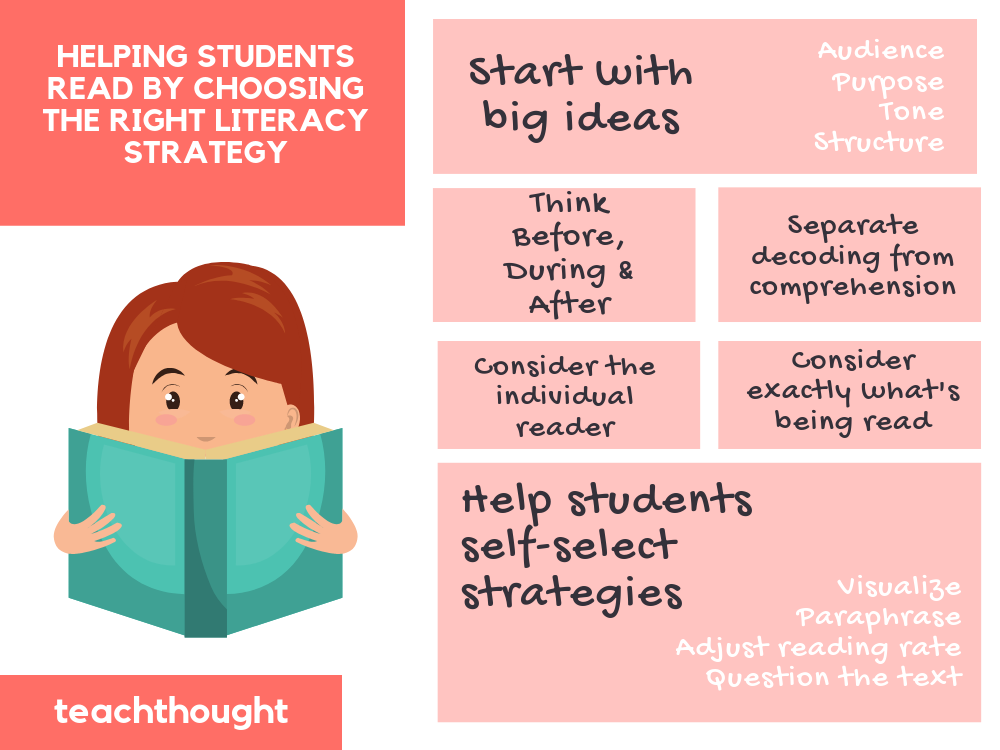 Some students will need more.
Some students will need more. - Are the students assessed regularly to determine progress?
A reading specialist should supervise the assessment program.
- What types of materials are used during the tutoring sessions?
Students should be carefully guided through books that are written at their reading level.
- Does the content of the tutoring session support my child's classroom instruction?
It should.
- Does the content address my child's specific needs?
If your child sounds out words well but struggles with vocabulary, the tutor should spend more time on word meanings than phonics.
Special education
Even with good classroom teaching and extra help, its possible that your child may continue to struggle with reading. Special education may be the answer — and it's required by law for students who are identified as having a learning disability.
The special education process includes these steps:
- Referral
You or your child's teacher suspects a problem and requests an evaluation by the school.
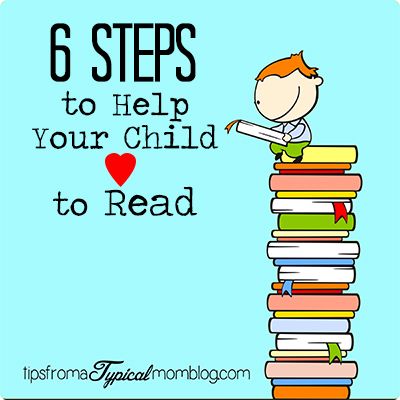
- Evaluation
With input from you and your child's teacher, a team of school professionals completes a full evaluation of your child. This same team — which may include a school psychologist, a speech-language pathologist, and a reading specialist — reviews the results to determine whether your child is eligible to receive special education services.
- Eligibility
If your child is eligible, you and the school team develop your child's Individualized Education Plan (IEP), as required by law. Annually, or more often, you and the school review the IEP and its impact on your child's progress.
If your child is ineligible, continue to push the school for help. If your child is not eligible but still struggles with reading, the school must figure out what will work for your child. You can also turn to private testing.
Top Articles
Especially for Parents
Research Briefs
Featured Video: Finding Help
See also
10 Fun Ways to Get Kids Reading
Despite the fact that today almost everyone carries most of the world's library in their pocket, the overall level of literacy, erudition and horizons of children is not increasing. And here we are again faced with the eternal question: "What to do?". And this is not a rhetorical question at all. It is necessary to show children that reading can be fun and positive emotions. Alikhan Dinaev, based on the research of the philologist and teacher Evgenia Abelyuk, and based on personal experience, talks about ten effective techniques.
1. Read aloud to the children
And start as early as possible. Many experts, based on scientific research, advise starting literally from the first day of a child's life. The more you talk to him, the more he hears the words around him, the faster he will speak and become interested in books.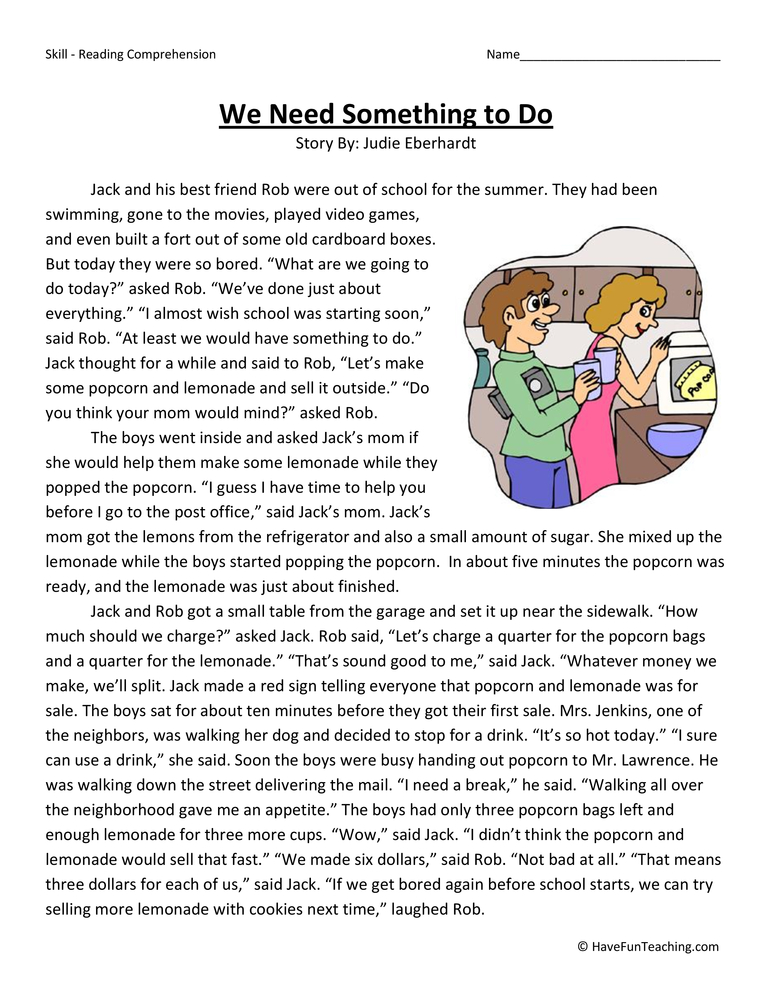
2. Show your acting talents
At the same time, you should not mumble something incoherent under your breath, but read "with feeling, with sense, with arrangement." Read as if you are the only actor in a big play playing all the roles at the same time. Say the words of a child in a sweet and funny childish voice, the words of a grandmother in an senile female voice, dilute the speech of some monster with frightening notes.
If the author writes that the hero shouted, shout, if he whispered, do the same! And if he howls, then why not play the role of a wolf for a few seconds by the light of the moon?
Do you think this is funny? That is how it is. But who said that if it looks comical, then it's bad? Believe me, the children will be completely delighted, and their sincere and contagious laughter will spread throughout the house. The author of these lines successfully tried this method on his nephews. It equally captures an 11-year-old fifth grader, and 7-year-old girls, and even a 2.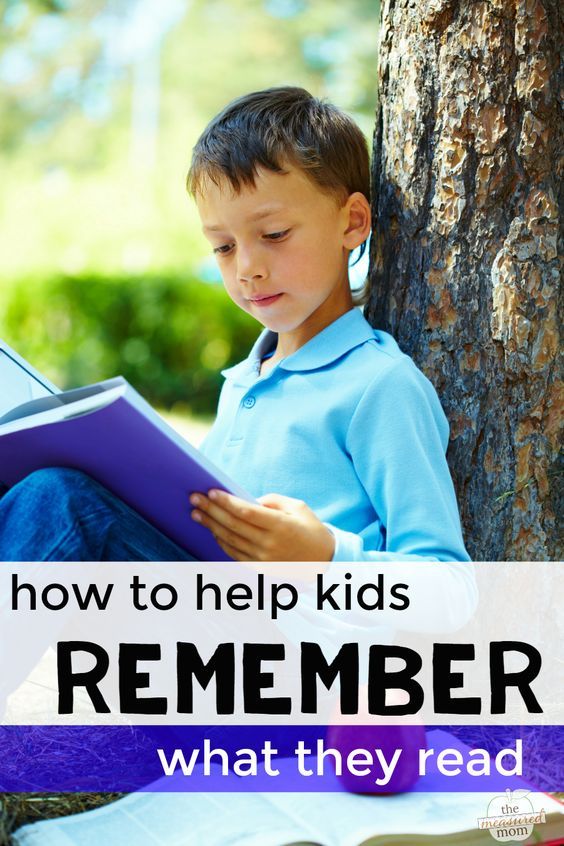 5-year-old boy who, showing miracles of endurance, listened enthusiastically to the story from the book "Charlie and the Chocolate Factory" for almost 15 minutes. And when his grandfather began to loudly ask about what they were all doing here, the child who still could not really speak put his index finger to his mouth and said: “Shh!”
5-year-old boy who, showing miracles of endurance, listened enthusiastically to the story from the book "Charlie and the Chocolate Factory" for almost 15 minutes. And when his grandfather began to loudly ask about what they were all doing here, the child who still could not really speak put his index finger to his mouth and said: “Shh!”
3. Read until the most interesting part - and stop
Use the same trick as screenwriters with directors of good series. Usually an episode or an entire season ends at some unexpected, climactic moment, forcing viewers to wait weeks or months to continue, discussing almost every frame of the last episode. The same can be done in reading books: the child will look forward to continuing. And many simply cannot stand it and will ask to be taught to read as quickly as possible in order to find out how it all ended. If you apply this method to a child who already knows how to read, then for sure he will look for a book the next morning and read it himself.
4. Let the child choose books himself
Today, publishers make such beautiful covers for children's books, they are so colorful that they are sure to attract the attention of even the most selective child. Try to teach your child to be surrounded by books everywhere. Go with them to bookstores and let them wander through the rows of books, explore all the shelves. Take the kids to the library, show them how beautiful it can be. And if the library turns out to be large, then any preschooler or student will be impressed for a long time by its size, beauty and views from the windows.
5. Lead by example
This is perhaps the key piece of advice. Parents should read for themselves. Otherwise, the likelihood that their children will be carried away by reading is extremely small. Let children from an early age regularly see you with a book in their hands, read and study your home library.
6. Introduce your teen to book apps
There's nothing wrong with reading e-books instead of classic paper books.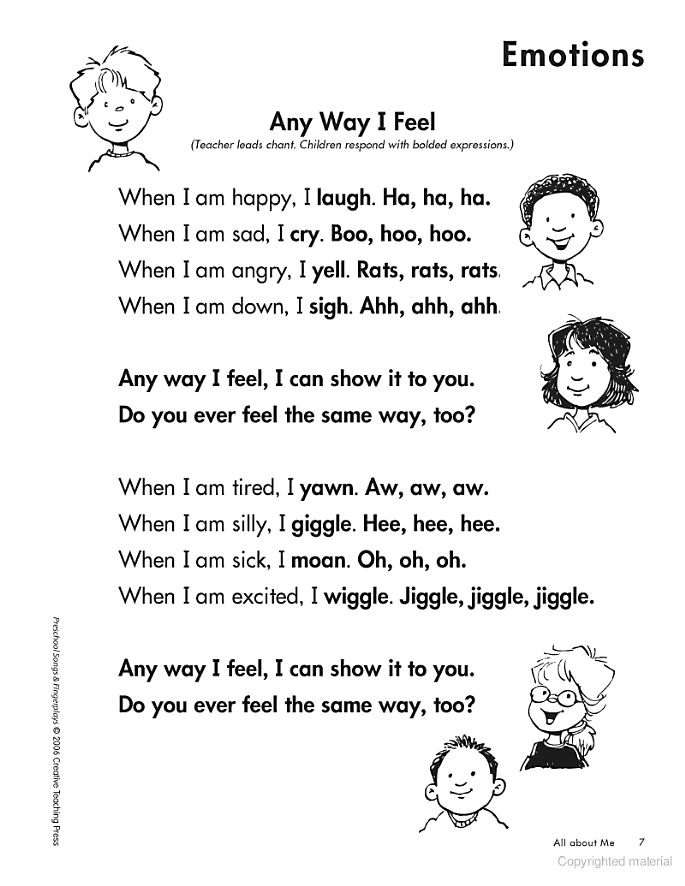 And if the phone has already become a natural and integral extension of the hands of your children, then let them use it to good use. Invite them to download, for example, the Bookmate app. This is not just a reader with a huge library. It is also a real social network for book lovers, where they can find new friends, share experiences and exchange bookshelves.
And if the phone has already become a natural and integral extension of the hands of your children, then let them use it to good use. Invite them to download, for example, the Bookmate app. This is not just a reader with a huge library. It is also a real social network for book lovers, where they can find new friends, share experiences and exchange bookshelves.
7. Draw parallels between the characters and yourself, find common and different things
Compare literary characters with yourself, relatives, friends and, of course, with the child himself. Ask him a question: “How are you like the Little Prince? And what makes you different? And what would you do in his place, if you met the Fox? These and similar questions fuel interest in the content of a novel, short story, or fairy tale.
8. Make an adventure out of a book and look for hidden meanings in it
There are always riddles in a good book. And if a student reads, for example, Jules Verne, then they are there on almost every page of any work.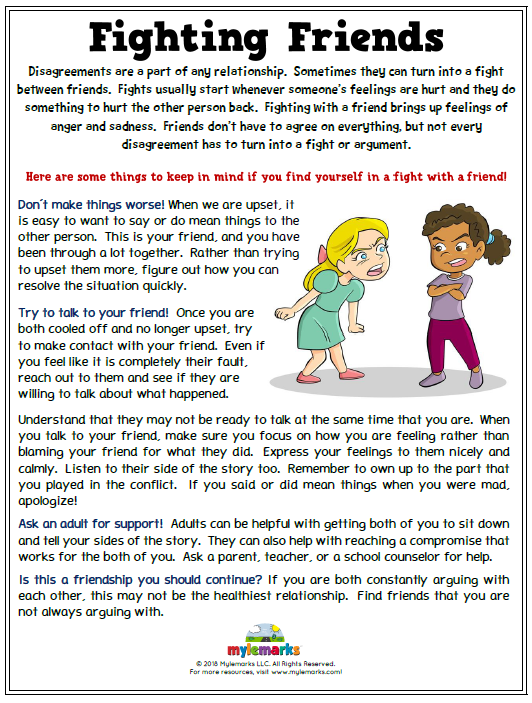 But you can ask yourself other questions as well. How to get Oblomov off the couch? How to help Mumu escape from Gerasim and save her from death?
But you can ask yourself other questions as well. How to get Oblomov off the couch? How to help Mumu escape from Gerasim and save her from death?
9. Illustrations for a book can change attitudes towards it
Sometimes it is important for a young reader to see the main characters and the places where they live. Pictures, drawings, graphics - all this can be of great help. And if your child is not even interested in Harry Potter, then he is unlikely to refuse the same book, recently published with illustrations by British artist Jim Kay. His drawings amazed even JK Rowling. They are so beautiful, bright and exciting that you want to look at and study them all the time. They interest and captivate, giving room for fantasy and imagination. And this is what we need.
10. Choose the right books
Of course, all ages are submissive to many books. But if you want to get your child interested in reading, then "Deniska's stories" by Viktor Dragunsky or "Journey around the world in 80 days" by the same Jules Verne will be among the best examples.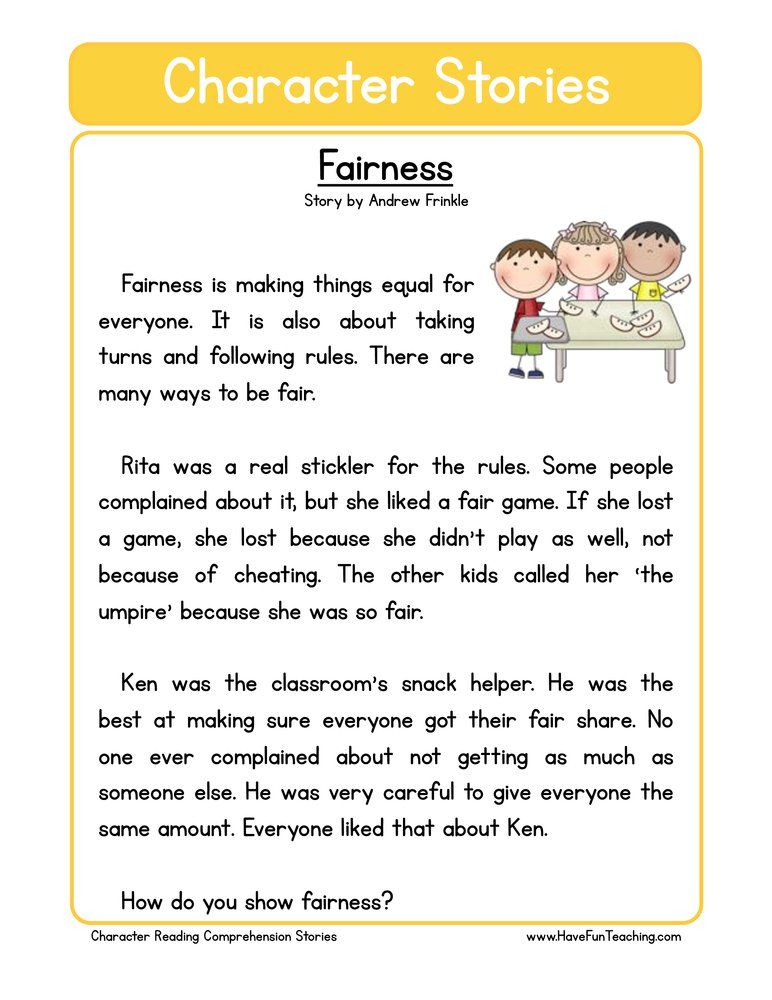 But if your 15-year-old son says that he doesn’t want to read novels written by “long-dead, gray-haired and bearded old men from the century before last,” then advise him, for example, the book Outcasts, a classic of American literature recently translated into Russian for the first time. Its author Susan Hinton wrote The Outcasts when she was 18 years old (she started writing at 15), and the main characters of the novel are from 14 to 20 years old. Despite the writer's young age, Hinton's book became a bestseller with a total circulation of more than 20 million copies.
But if your 15-year-old son says that he doesn’t want to read novels written by “long-dead, gray-haired and bearded old men from the century before last,” then advise him, for example, the book Outcasts, a classic of American literature recently translated into Russian for the first time. Its author Susan Hinton wrote The Outcasts when she was 18 years old (she started writing at 15), and the main characters of the novel are from 14 to 20 years old. Despite the writer's young age, Hinton's book became a bestseller with a total circulation of more than 20 million copies.
life hacks of librarians / City news / Moscow website
Culture ru.
On the eve of April 2, the birthday of Hans Christian Andersen, celebrated the International Children's Book Day. Specialists in the field of book publishing hold various educational events for the holiday, draw attention to children's literature and talk about the importance of reading from an early age. But what if the child prefers gadgets to books? And what if he reads through force and without pleasure? These questions are helped by people who ask them every day and know exactly how to interest a child of any age in reading.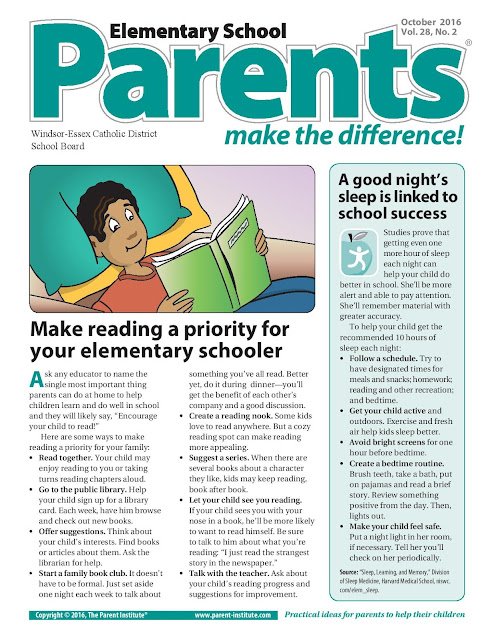
Nadezhda Krasnova: “Everything is simple if there is no coercion”
Librarian of the 1st category of library No. 111
The choice doesn't seem very interesting to you. If he wants to read, for example, science fiction, do not insist on the classics. After all, without pleasure there will be no love.
Another important piece of advice for parents: never punish your child with reading. Yes, it happens. In this case, the process will be associated with negative emotions, and the child is unlikely to ever pick up a book of his own free will.
One of the best ways to instill a love of reading is through play. Once in the library, we came up with a series of fairy-tale literary quests for younger students. We divided the room into several locations, which were decorated in the style of different fairy tales. The Scientist's Cat, Mermaid, Kikimora, Baba Yaga and other fairy tale characters were played by our employees and volunteers.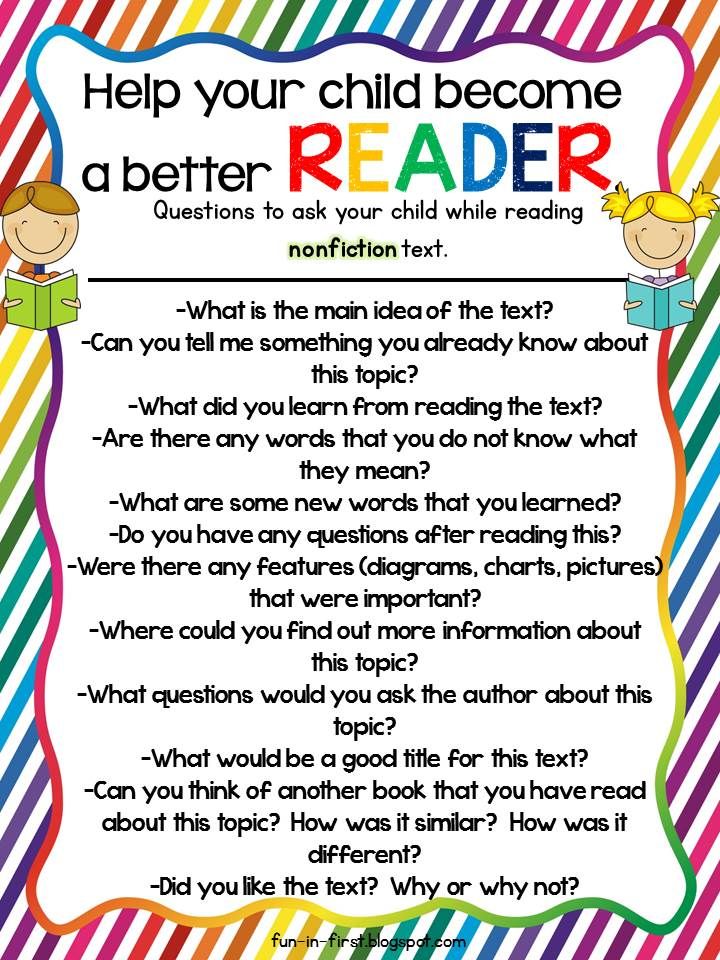 The children received a magic map with the image of the places where they needed to go. At each location, tasks were waiting for them, aimed at developing logic, memory, creative thinking and, of course, acquaintance with book novelties. Our quests were visited by more than two hundred people.
The children received a magic map with the image of the places where they needed to go. At each location, tasks were waiting for them, aimed at developing logic, memory, creative thinking and, of course, acquaintance with book novelties. Our quests were visited by more than two hundred people.
We also love books in foreign languages, so we decided to organize a series of online workshops to learn English. The main characters were young readers, who perfectly got used to the role of bloggers. We also read fairy tales and poems in English and German. Some guys say they now listen to them before bed. Everything is simple, if there is no coercion.
Natalya Klyuchnikova: “Setting Your Own Example for Children”
Head of Library No. 138
Checked: role-playing will help increase the child's interest in books. This will reveal the creative potential and bring him closer to his parents. You can also create illustrations for the book you just read.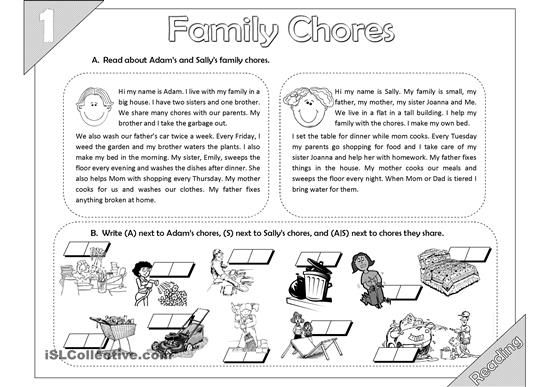
Of course, I recommend signing up for the library - there the child will not only be able to choose something to his liking, but also communicate with other readers, attend interesting meetings. For example, our library has been running a weekend club called Boring Saturday for eight years now. Every Saturday at 15:00, thematic game and educational programs begin, in which children can take part with their parents. For club meetings, we always arrange a special book exhibition - and, as a rule, by the end of the holiday, the guys sort out all the "exhibits" to read.
In general, of course, your own example works best - after all, children always imitate adults, play at home, at work. They will also play readers if they see books at home and parents reading. By the way, in our library there are even reading dynasties - large families who regularly come to us for books together.
Olga Khlystova: “I recommend buying filmstrips and a slide projector”
Head of the library No. 266
266
Each age has its own approach. I say this not only as a librarian, but also as a mother of two children. Ideally, you need to accustom a child to books literally from birth, then jokes and nursery rhymes will come to the rescue. The child is growing - start fairy tales, only small ones, large texts frighten children at first. I advise you to beat the characters - not so much to read as to tell.
When my son didn't want to read, I suggested that he sit down to read a book together. He agreed, and then I stopped at the most interesting place and said: “Listen, I need to urgently leave, wait five minutes, and we will continue.” My son was wondering what would happen next, and he was looking forward to my return. Now he enjoys reading.
I also often recommend that parents buy filmstrips and a slide projector. When I started showing filmstrips in the library, everyone said: “Come on, you won’t surprise our children with this, they won’t watch it.” Nothing like this! Filmstrips are very popular - children even argue over who will read the text aloud.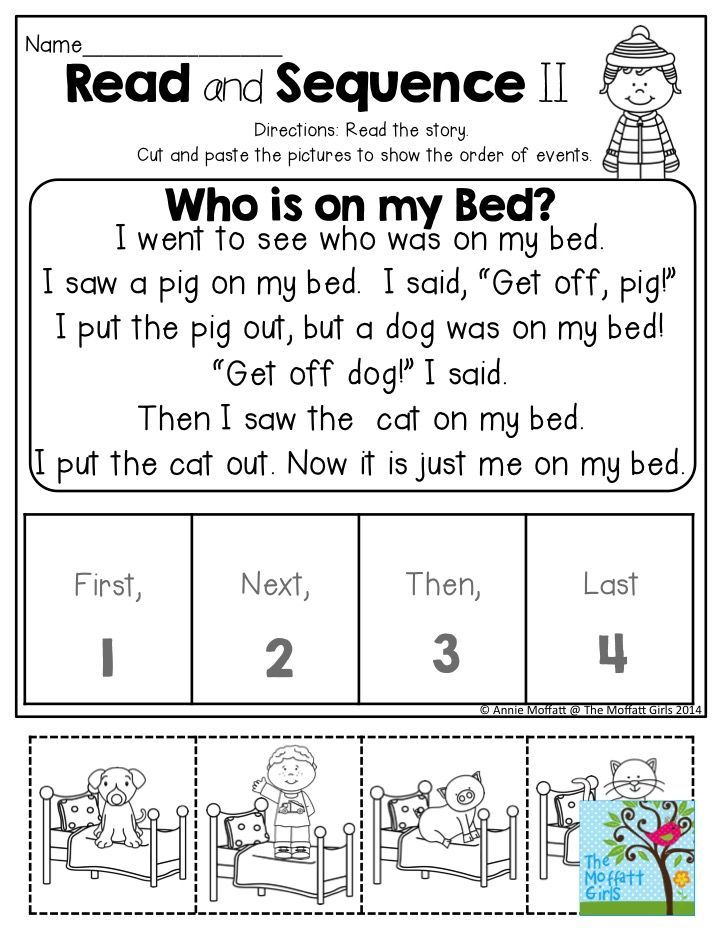
We also organize shadow theatres: we cook everything together, cut it out, and then role-play. The kids love it.
Olga Zaitseva: "Organize a family screening of the screen version of the book"
Librarian of the 1st category of the library № 258
Our library has a special project to teach children to read "Plasticine Crow". First, we study the work, discuss the characters - both main and secondary. And then we do crafts - draw, sculpt, make applications. It's very exciting.
In February-March, we arranged an interesting promotion, which our readers immediately fell in love with. We wrapped the books in beautiful wrappers so that the cover was not visible, and offered not to choose, but to take it blindly. They took it with pleasure. We selected books on purpose: there were more modern works, new products, because the guys read the classics at school too.
We have a selection of themed board games, the most common roaming games based on the adventures of heroes of famous fairy tales - Winnie the Pooh, Leopold the Cat, Cinderella and others.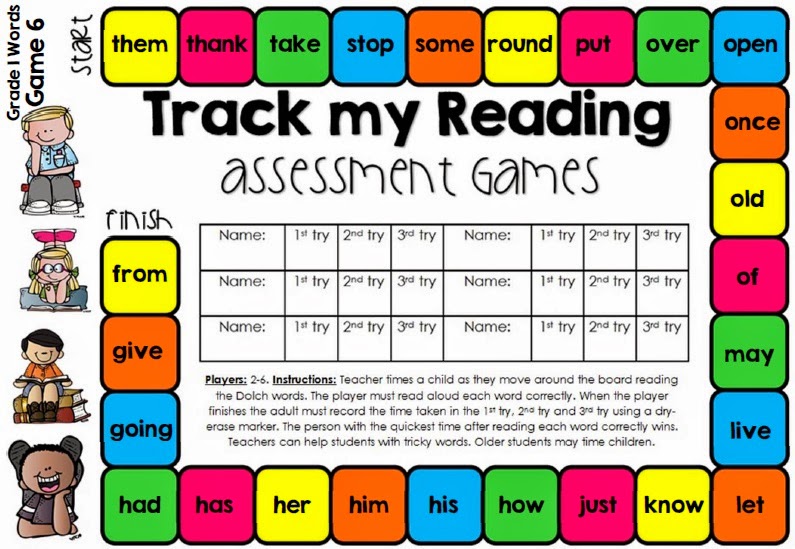 Such a game gives a reason to get acquainted with the book, to read it. I strongly advise parents to take note of this method - it is inexpensive and very fun.
Such a game gives a reason to get acquainted with the book, to read it. I strongly advise parents to take note of this method - it is inexpensive and very fun.
Another option to teach a child to read is to organize a family viewing of a film adaptation of a good book. In the course of further discussion of the film, you can invite the child to get acquainted with the original source.
Marina Solomonova: “Let him be interested himself”
Deputy Director for Library and Information Services Gaidara
For a small child, the process of discussion is more important than reading. After you have turned the last page, ask him: “What did you understand from the book? Can you tell me what you liked the most? This way you will know if the child has had contact with the work.
For older children, find a story that will interest them. Let the child read a little bit, do not force or rush him. Go to bookstores or libraries together, tell him: "Let me choose one book, and you one, and we will discuss it together.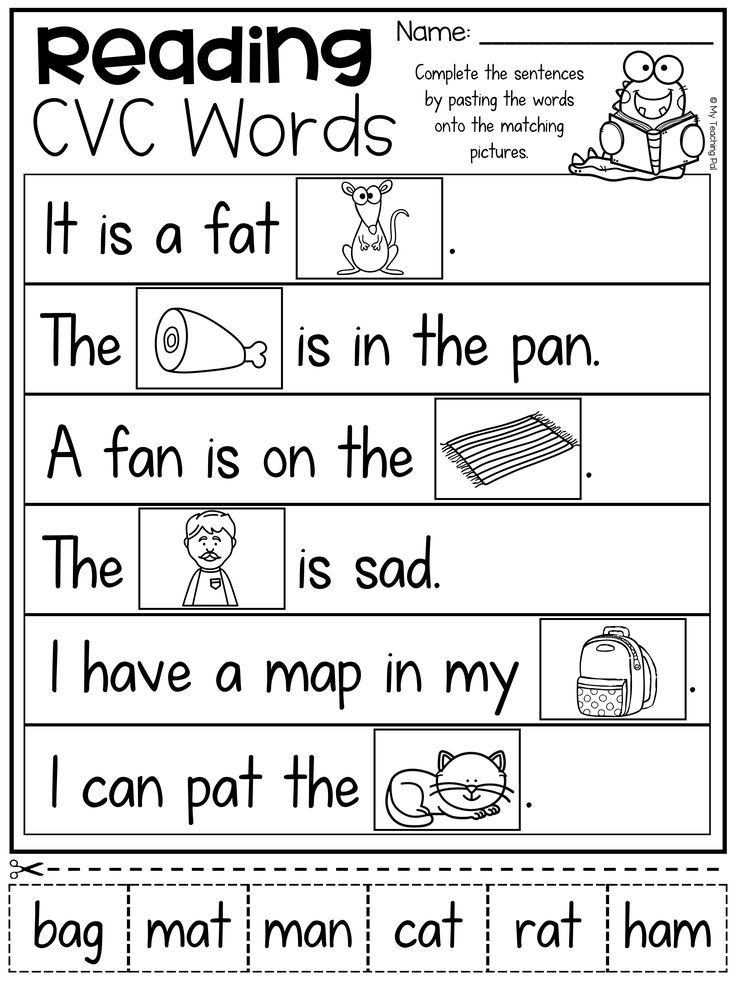 " Let there be variety - not only, say, classics, but also fantasy and detective stories.
" Let there be variety - not only, say, classics, but also fantasy and detective stories.
It is more difficult with teenagers. They are overloaded with information: the school curriculum, exams, the same social networks. Just let there be different books everywhere in your house. And in no case do not tell the child to take one of them to read - let him be interested himself. Don't impose.
Genre diversity and inclusion of works from different times in the reading circle is important for each age. As the curator of the 100 Best Books for Children and Teens catalog, I try to keep track of new works and trends. I do not want to fill the catalog with similar works.
Anna Tuchkova: “Be sure to listen to your child”
Librarian of the 1st category of Library No. 68
The most common mistake is when parents come to the library and ask: “Recommend something for a boy!” Or: “And what to choose for a girl?” This is wrong because the books do not have a floor.